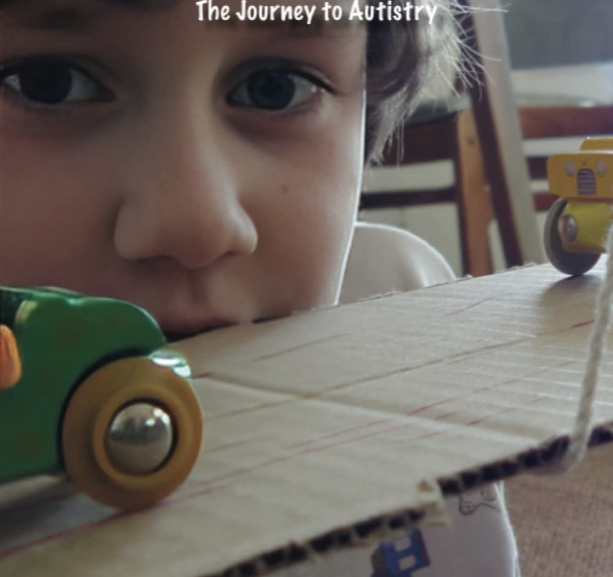Next time you are annoyed by an autistic person’s failure to comply or their different way of doing something or seeing the world, stop and consider the power of positive nonconformity and be grateful for those who dare to be different.
Category: Autism
Even though the Netflix series Heartbreak High looks like purely soapy fun, Sarah Kapit says it has “the best on-screen depiction of being autistic that I’ve ever seen.”
Maybe there’s a reason autistic authors have often opted to write neurotypical characters. Maybe it’s proven to be more sellable and “believable” than their own experience. I’m upset, wondering how many wonderful autistic stories we’re missing out on as a world because of neurotypical gatekeeping.
The thing about PDA or “Pathological Demand Avoidance” is that there are a lot of reasons why someone would resist doing something, and it’s often more complex than it appears on the surface.
The Fire, The Water, and Maudie McGinn is an absolutely wonderful, important book for kids that don’t have a voice and may not be able to identify abuse or know how to talk about it. Fantastic for autistic and allistic readers alike.
When autistic people aren’t centered in things about us, it creates an ecosystem where an autistic person like Sia who does not understand herself as autistic creates a film like “Music.”
It felt good to read an autistic character who is so different from me, and yet very relatable in how she experiences and processes the world.
In their new book Share the Road: The Journey to Autistry, Janet Lawson and Dan Swearingen generously map out how they created a successful and thriving program that incorporates project-based learning and personal interest into learning needed life skills.
The world made me feel like an autistic failure for so long, but all it took was some kindness and understanding for me to realize that I am quite extraordinary.
Autistic children only get one childhood, and they deserve properly qualified and properly experienced professional teams. Teams that consider autistic ways of communication, ethics, human rights, and potential harms very carefully indeed.









